Canada details electric vehicle subsidy scheme iZEV
The Canadian government has clarified the subsidy policy for electric vehicles further ahead of the start on 1 May 2019. Eligibility depends on list price and the number of seats and also the range in the case of plug-in hybrids.
The plug-in grant is CAD 5,000 max (about €3,322) as long as the electric cars do not cost more than $45,000 with six or fewer seats or less than $55,000 for seven-seaters. The base is the suggested retail price, but higher priced trims of these vehicles will also be eligible for purchase incentives, up to a maximum MSRP of $55,000 and $60,000 respectively.
This confirms our initial report that all Tesla vehicles are exempt from the subsidy, including the Model 3 as even the 35,000 US dollar base price still translates to 46,670 CAD. Kia, on the other hand, made sure to time the arrival of the new Soul and Niro electric vehicles with the incentive and set prices accordingly. The 2019 Kia Niro starts at $44,995 and the 2020 Kia Soul EV at $42,595 when it arrives in Canada this June.
The subsidy will apply to any electric vehicle including fuel cell electric cars purchased on or after 1 May 2019. Leased EVs are eligible too but will be prorated based on the length of the lease with only a 48-month contract receiving the full amount. Used electric vehicles are exempt from the scheme.
The new policy also considers plug-in hybrids (with a battery capacity of at least 15 kWh). The part-time EVs receive 5,000 or 2,500 CAD depending on the electric driving range. Canada uses battery capacity as a guide here and cuts the incentive for PHEVs with a battery capacity of less than 15kWh, which corresponds to about 50 km in range.
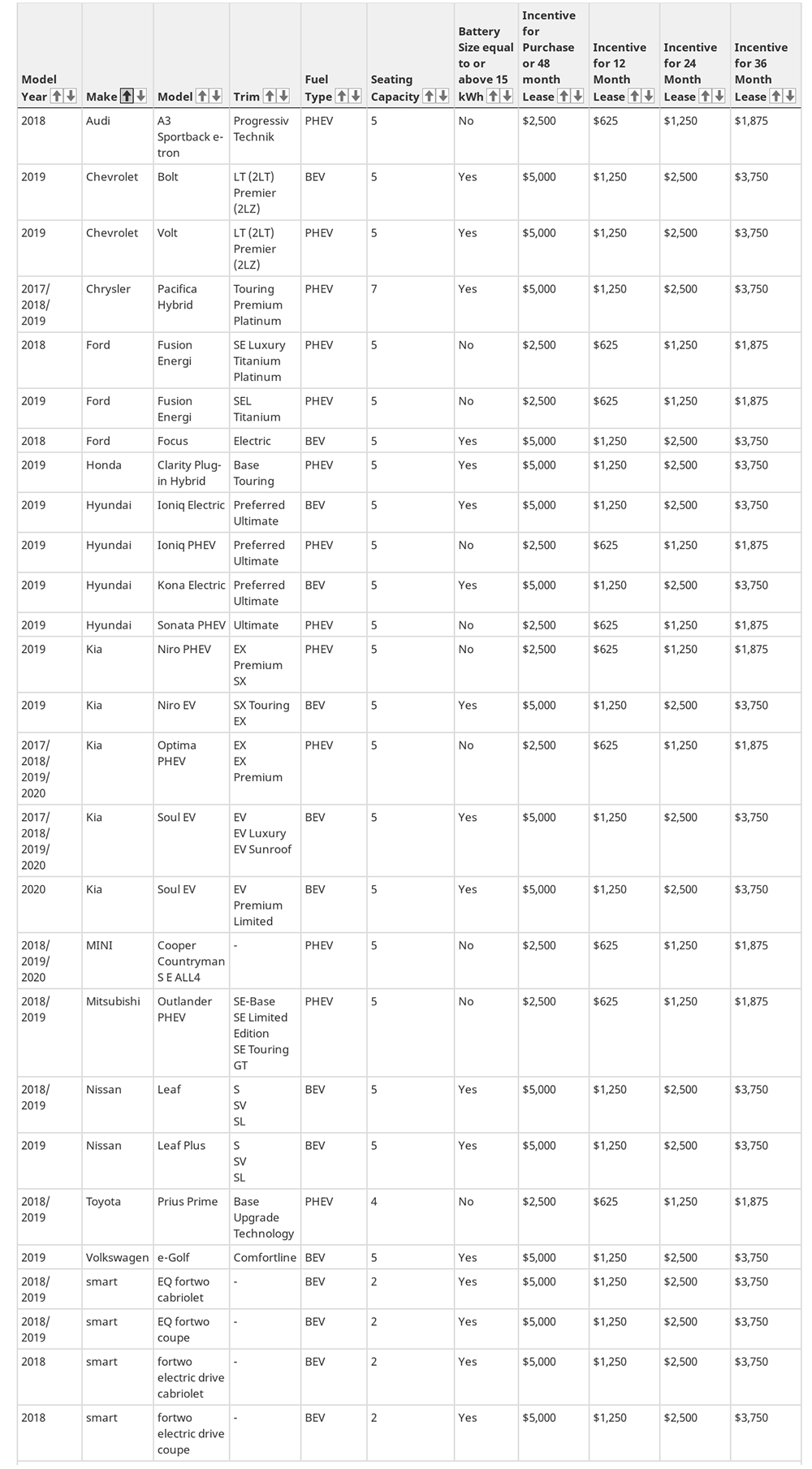
The programme is set up for individuals, and each person can only get one incentive in a calendar year. Businesses and provincial, territorial and municipal governments operating fleets can only get up to 10 incentives in a calendar year. If businesses choose to go this route, they will not be able to take advantage of the new tax write-off for these vehicles.
The scheme runs on a first come, first serve basis and Canada allocated 300 million Canadian dollars (about 200 million euros) to the so-called iZEV system for now. The government in Ottawa expects the programme to run over three years until 2022.
Canada operates a sales target of 100% zero emission vehicles in 2040 with interim goals of 10 per cent by 2025 and 30 per cent by 2030. There is no binding EV sales quota for manufacturers though, but a further five million dollars have been budgeted to agree on voluntary sales targets with car manufacturers. Canadian suppliers and manufacturers may apply for funding through the Strategic Innovation Fund.
tc.gc.ca (iZEV scheme details), canada.ca (announcement), globenewswire.com (Kia pricing)

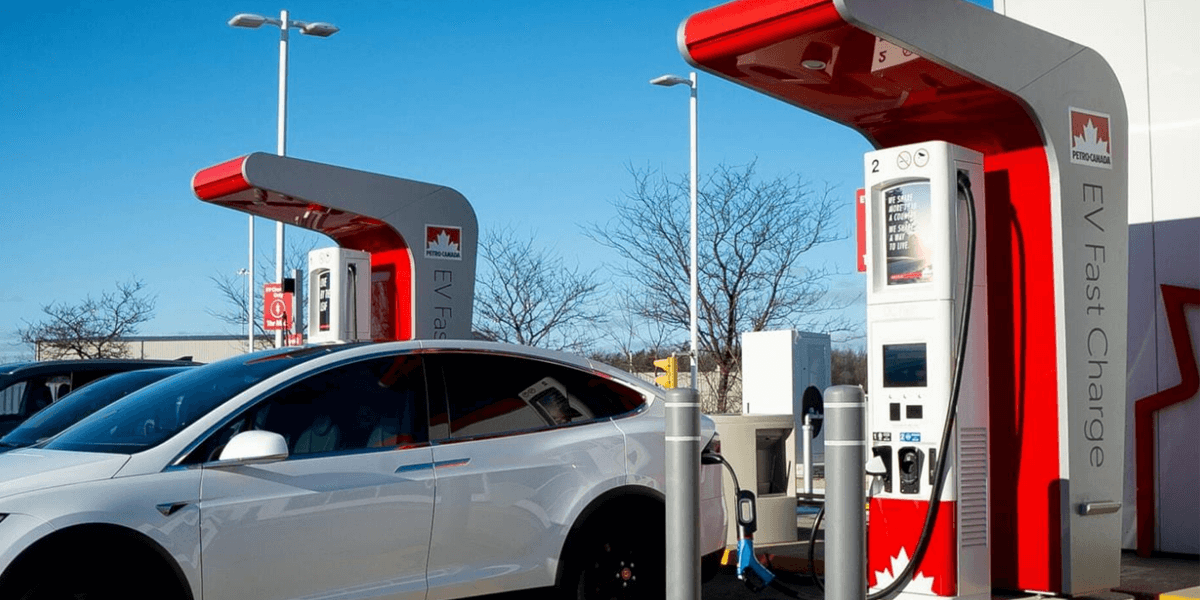
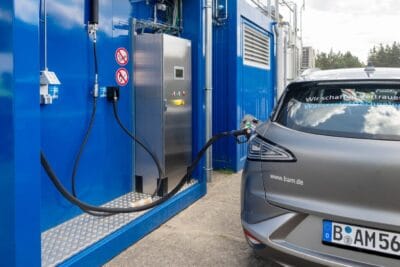
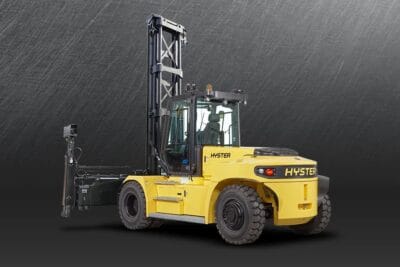
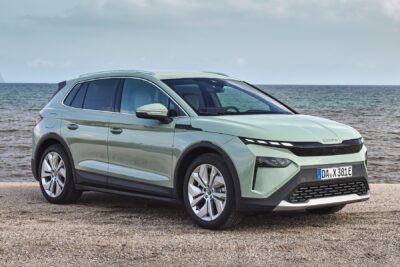
0 Comments